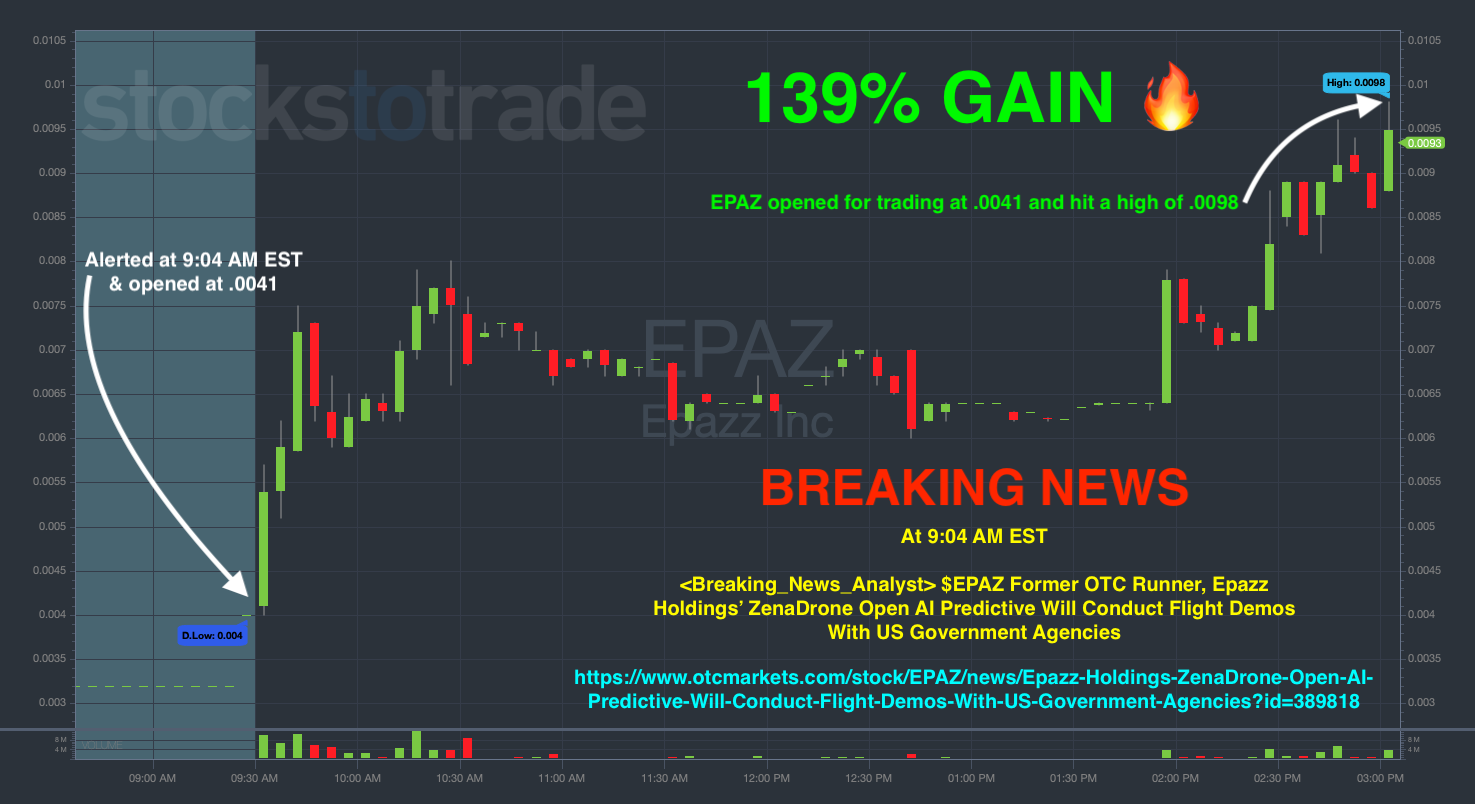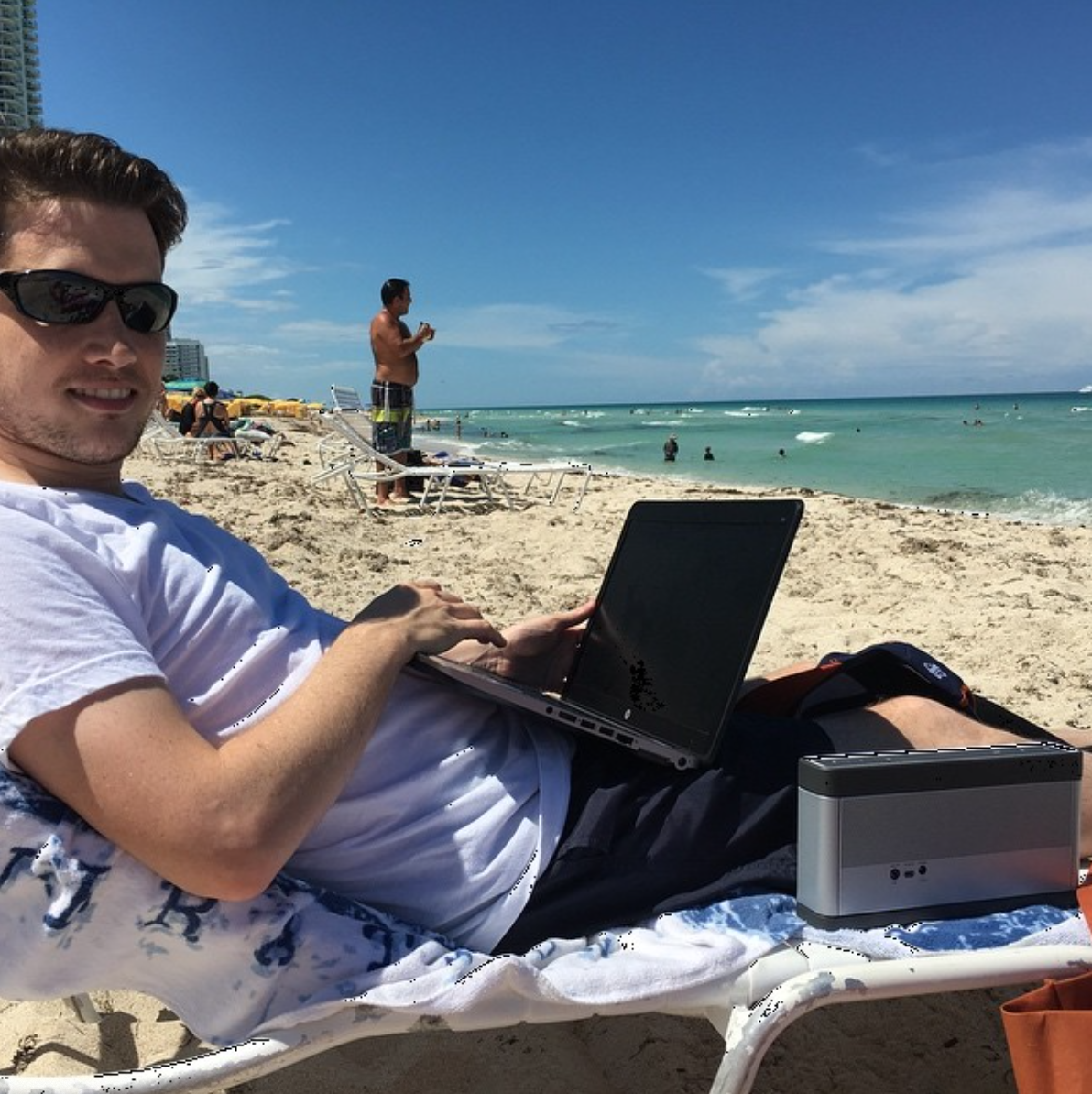There’s a certain mental problem in trading that affects small-account newbies and billionaire trading veterans alike…
To understand this, we must turn to the field of psychology, where there’s a phenomenon known as the Dunning-Kruger effect.
The Dunning-Kruger effect is a cognitive bias that causes amateurs to think they’re experts — and experts to think they’re amateurs. Those with less ability tend to overvalue their skill, while those with more tend to undervalue it.
I see this over and over again among my students and my professional trading colleagues.
The best traders in the world have a tendency to undervalue their ability, falling victim to ‘imposter syndrome’…
Meanwhile, I’ve seen many beginner students think they’re the next Warren Buffet after two weeks of trading options on their phones.
This is a huge problem on both sides of the stock market…
As a trader, you must be able to evaluate your skill level at different points in your trading journey to size your positions (and account) accordingly.
Everyone struggles with self-evaluation at one point or another. (Spoiler alert: I’m not always the best at this myself!)
Keep reading and I’ll show you how to avoid the Dunning-Kruger effect in your own trading psychology…
Don’t Overvalue Your Experience Level
As strange as this sounds, one great trade can be a newbie trader’s worst enemy…
I’ve seen this happen many times before. Picture this…
An inexperienced student nails one of their first trades. Maybe it was pure luck, or maybe they actually had a strong trade thesis. (Regardless, it was only one good trade they made.)
After this trade, the newbie thinks they’re an amazing trader. They get overconfident.
Want to be alerted to hot trade ideas before anywhere else?
Breaking News Chat is the alert service that traders can’t get enough of. Two former financial analysts scour the Stock Market and news for stocks that could potentially spike and alert the room allowing you the chance to get in on the action.
Check out the alert for EPAZ on February 14th:
This is a tool you’ll want in your trading toolbox.
Then, on their next trade, they size up HUGE…
Because why not? They’re super-skilled, right?! Wrong!
These stories usually end in the newbie blowing up their entire account. Don’t be like these unfortunate traders.
Remember that slow and steady wins the race. I’m a prime example of this…
I struggled during my first several years of trading. I failed to make big money and watched many other traders lap me in total profits.
But instead of impatiently sizing up in an attempt to make money faster, I stuck to my ‘slow and steady’ mentality.
Now, look at me. I have nearly $4 million in trading profits because I was realistic about my skill level when I was first starting and sized my trades accordingly.
And those gunslingers who used to lap me in profits? I have no idea what they’re doing … but they’re probably not trading.
So, don’t speed through your trading journey. By taking things one step at a time and staying humble, you’ll avoid this part of the Dunning-Kruger effect.
But Don’t Beat Yourself Up Either…
Even with my professional success, I have a tendency to be hard on myself when I don’t perform to my utmost ability.
This isn’t always a bad thing. It’s beneficial to look back at your trading and identify your mistakes … up to a point.
But occasionally, I get down on myself over a few bad trades, when I should be thinking about the big picture…
Toward the end of 2022, I was feeling the Dunning-Kruger Effect in a major way…
None of my plays were working as planned, and I was second-guessing my ability to trade the new, unfamiliar market environment.
But my self-doubt was truly unwarranted. In times such as these, I need to remind myself that I’m a ‘master’ level trader, having spent 10,000+ hours in the markets…
I can allow myself to be bummed about a singular bad trade, that’s healthy. And being a ‘master’ doesn’t mean I don’t have anything else to learn … I certainly do.
But at no point should I doubt my overall trading ability. I’ve proven to myself and others that I can trade with the best of ‘em.
Just like a newbie overvaluing their abilities, an experienced trader undervaluing their skills can be incredibly detrimental.
If you’re constantly doubting your abilities, it’ll be nearly impossible to have the confidence or courage to pull the trigger when the time is right.
Final Thoughts
The Dunning-Kruger effect is real for traders. Many newbies think they’re trading geniuses, while master traders are often way too hard on themselves.
I’d like you to try to find a psychological ‘middle ground’ on your trading journey…
You want to project a sort of humble confidence … eager to learn on the way up, but unafraid to take calculated risks once you’ve learned the basics.



